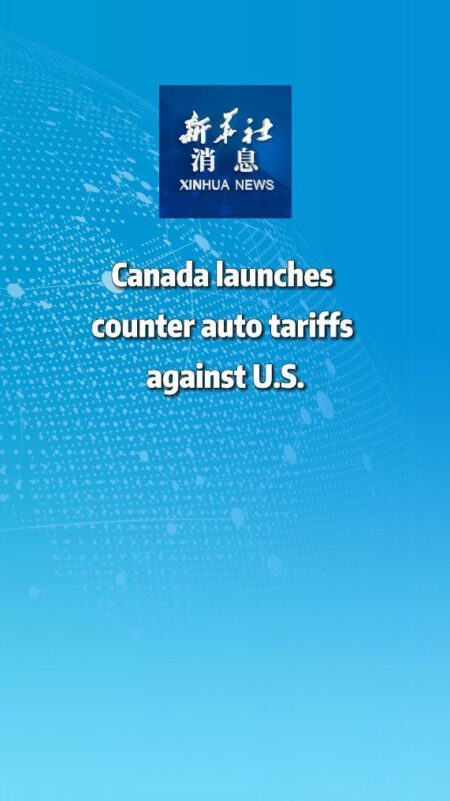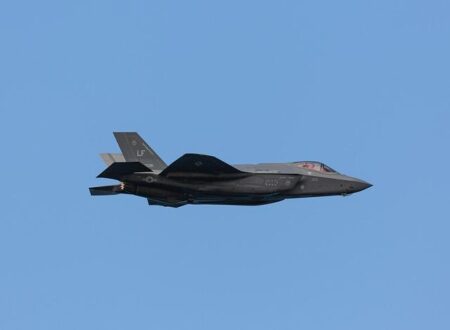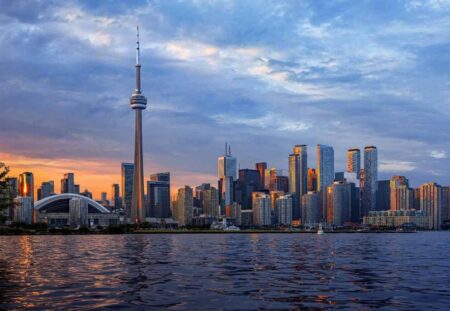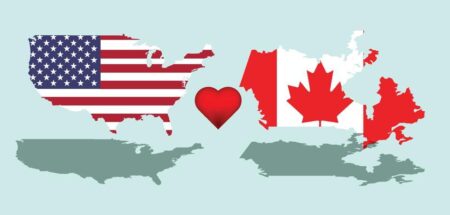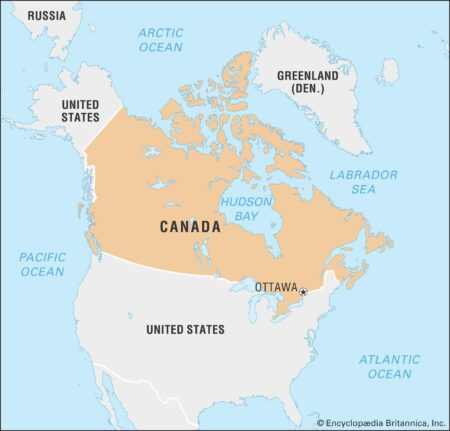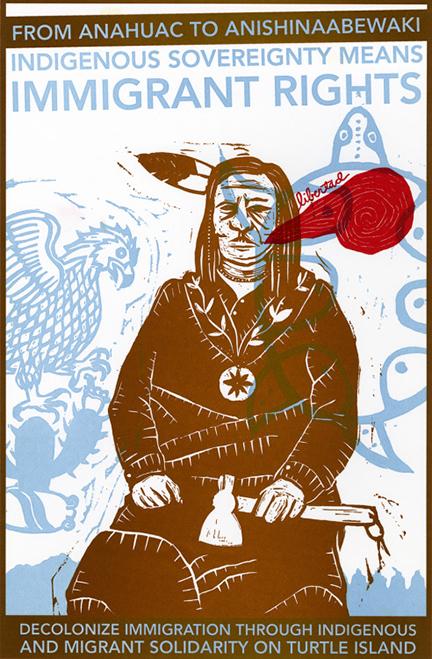Starting April 9, Canada will implement counter-tariffs on U.S.-made vehicles. This move targets a range of automobiles and auto parts, potentially raising prices for consumers and impacting trade relations between the two nations.
Browsing: Canada-US relations
Canada has launched a series of billboards across Florida to combat the impact of tariffs imposed by former President Trump. The campaign aims to highlight the benefits of trade between Canada and the U.S., promoting a message of cooperation and economic partnership.
In response to President Trump’s tariffs, Canada has enacted a 25% levy on US auto exports, escalating trade tensions between the two countries. This move aims to protect Canadian manufacturers and counterbalance the economic impact of US tariffs.
In a bid to bolster its economy against potential U.S. tariffs, Canada is working towards enhancing free internal trade across its provinces. Governor Mark Carney emphasized that a unified domestic market will strengthen Canada’s economic resilience and competitiveness.
As the U.S. faces a tumultuous political climate under Trump, Canada seeks to strengthen ties with European allies, reaffirming its identity as the “most European non-European country.” This strategic pivot aims to bolster trade and security amidst uncertainty.
Canada is set to reassess its procurement of U.S.-made F-35 fighter jets amid escalating tensions from Trump’s trade war. The review aims to evaluate the financial implications and potential impacts on defense collaboration between the two nations.
As tariff negotiations persist, Canada is positioning itself as a formidable economic player, emphasizing resilience and strategic planning. Officials signal a commitment to long-term trade stability, hinting at a wait-and-see approach in resolving disputes.
In a firm response to U.S. Senator Marco Rubio, Canadian Foreign Minister M√©lanie Joly asserted, “Canada’s sovereignty is not up for debate, period.” Her statement underscores Canada’s commitment to defending its territorial integrity amidst international discussions.
Canada has launched a dispute complaint against the United States at the World Trade Organization over tariffs on steel and aluminum. The move underscores ongoing tensions between the two nations regarding trade policies and their economic impacts.
In a decisive victory, Mark Carney, newly elected Prime Minister of Canada, emphasized national sovereignty, stating, “Canada will never ever be part of America.” His remarks resonate amid ongoing debates about Canadian identity and independence in a globalized world.
Canada has stated it will not eliminate its tariffs unless the United States removes all levies, according to a government official. This stance underscores ongoing trade tensions and highlights the complexities of bilateral negotiations.
Indigenous leaders express alarm over former President Trump’s remarks suggesting Canada could become the 51st U.S. state, asserting it undermines Canada’s sovereignty and threatens Indigenous rights. They emphasize the need to protect their autonomy amid such rhetoric.

